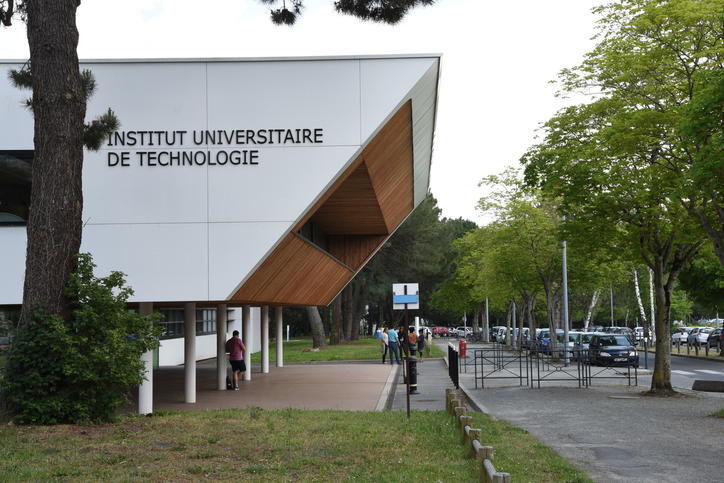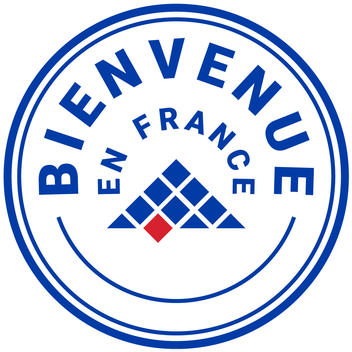
Professional training: the new University Bachelor of Technology
Onisep, the French organisation responsible for information on jobs and training, explains in a few steps (admission, study process, specialities on offer, career opportunities) what the new “Bachelor Universitaire de Technologie” (BUT, University Bachelor of Technology) is. Prepared over three years in the “Insituts Universitaires de Technologie” (IUT, University Institutes of Technology), the BUT should replace the DUT and foster the pursuit of studies while allowing direct access to employment.
The creation of the BUT is part of the reform of professional Licence courses, launched by the Ministry of Higher Education last year. Published in the “Journal Officiel” in December 2019, the decree on this reform provides for the creation of a new professional Licence that can be issued by the University Institutes of Technology from the start of the 2021 academic year, enabling them to open up to international markets.
Admission criteria and organisation of studies
To prepare for a BUT and access a course in an IUT, entry is selective: it is based on a dossier and requires the holder of a Baccalaureate or equivalent qualification. In addition to the application file containing a record of academic results, the candidate may also be asked to take tests and a motivational interview with the teaching staff.
The training is therefore delivered in an IUT, an internal university structure, which allows access to university restaurants, libraries, language laboratories or information and guidance services. According to Onisep, “the IUT offers the advantages of a university, with a reinforced supervision” and “significant pedagogical and methodological support”. At the international level, the teaching is more legible since it is organised over six semesters according to the European LMD scheme, alternating lectures, tutorials, practical work and professional situations. It should also be noted that the third year of study is a “professional year”, which provides for “specific courses focusing on technology and projects”.
Branches of activity and further studies
Students are trained in a professional speciality registered in a branch of industry. The BUTs in fact cover a fairly broad professional field (24 specialities) and “enable students to adapt to a family of jobs”. With the acquisition of multiple professional skills and a solid general culture, emphasises Onisep, “the BUT aims for versatility”.
Insofar as two-thirds of the courses are aimed at acquiring professional skills, the training is based on practical work, courses given by professionals from the sector being taught and work placements (lasting 22 to 26 weeks).
After the BUT, access to the labour market should thus be easier, since employment conditions are favourable in “certain specialities, particularly industrial and commercial”. However, after obtaining the University Bachelor of Technology degree, further studies are still possible, whether at university to join a master's degree, at engineering schools or even at business schools through parallel admission channels.
Depending on the country of residence, the conditions for admission of international students to an IUT course may vary.
Find out more about how to apply to a higher education institution
Related contents
Recommended News




















































